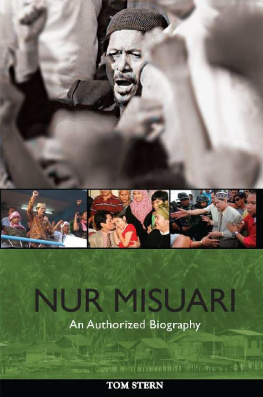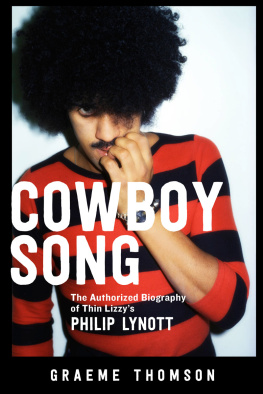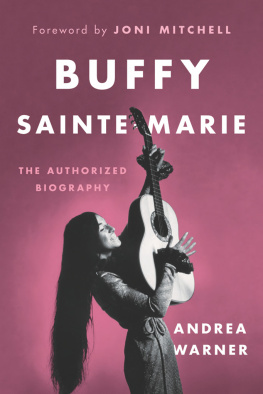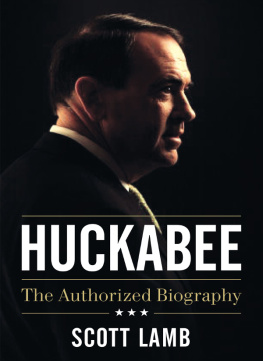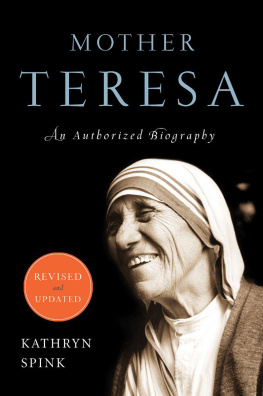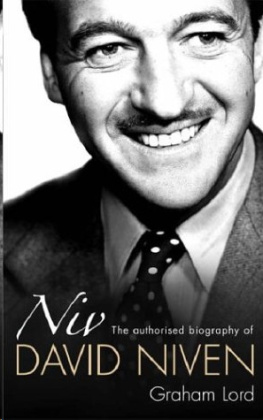NUR MISUARI
An Authorized Biography
Tom Stern
Copyright to this digital edition 2012 by Tom Stern and Anvil Publishing, Inc.
All rights reserved.
No part of this book may be reproduced in any form
or by any means without the written permission
of the copyright owner and the publisher.
Published and exclusively distributed by
ANVIL PUBLISHING, INC.
7th Floor Quad Alpha Centrum Building
125 Pioneer Street, Mandaluyong City 1550 Philippines
Trunk lines: 477-4752; 477-47-55 to 57
Fax: 747-1622
www.anvilpublishing.com
Cover design by Anna Benilda Dureza
Photos provided by the author
ISBN 9789712729348 (e-book)
Version 1.0.1
An Authorized Biography
of
Professor Dr. Nur P. Misuari
Moro National Liberation Front Founding Leader and Central Committee Chairman, United Nations Peace Awardee, Nobel Peace Laureate Nominee, Aurora Quezon Peace Awardee, Supreme Datu or Leader of the Bangsa Moro Highlander Tribal Communities Throughout Mindanao, Royal Datu of the Sultanate of Sulu; and Datu Seri Panglima Darajat Kinabalu (State of Sabah, Malaysia), Ph.D. Honoris Causa in Humanities and International Relations, signatory to the 1976 Tripoli Agreement, the Jeddah Peace Accord, and the Jakarta-Manila Final Peace Agreement of September 2, 1996.
Table of Contents
Of all factors, it is the cooperation of Chairman Nur Misuari that made this book possible. The family of Nur Misuari graciously provided the story of his home life, and of life in battle. Also, I want to thank the many people who consented to give information on and off the record, especially to his Excellency, Fidel V. Ramos, former President of the Republic of the Philippines. Always a good friend, President Ramos wrote his own take on Misuaris life and personality in several excellent books. Sultan Esmail Dalus Kiram II carefully provided deep understanding of events in Sulu, home of Misuari. Former First Lady Imelda R. Marcos, who helped negotiate the Tripoli Peace Agreement, gave me her perceptions in her own inimitable style. Professor Cesar Majul, the recognized master of the history of Islam in the Philippines, became a good friend after he moved to California. Before he died, he provided much information.
My research staff, Mr. Bon T. Sindayen and Mr. Alih Faisal, helped me with research and resources, and I am grateful to both of them. Also, I want to thank several men who came for interviews but whose names are left out by special request. I also thank Karina Bolasco of Anvil Press and her staff in Manila for their editorial contributions.
I am especially thankful to Yolanda Ortega Stern, my remarkable wife, who collected important documents for decades, papers which detailed the events leading up to the 1998 Nobel Prize Nomination of Misuari and Ramos. While collecting an extensive library, Yolanda Stern has been pouring through aged documents at the Smithsonian Institution in Washington, D.C. She is acknowledged as a world expert on Philippine culture and history. Fundamentally, without her I could never have written this book.
My wife and I know Nur Misuaris story as eyewitnesses, in my case going back 12 years, and in the case of Yolanda, to her voyages as a young princess of the Mandi Clan. We traveled widely, almost always under the protection of one warlord or another, contributing what we could in medical assistance or educational programs to promote retention of cultural traditions. We aimed at catalyzing political discussions to promote peace in the troubled area. In 1996, Yolanda, in her role as President of the Federation of Philippine American Chambers of Commerce of the United States, flew to Mindanao to meet Nur Misuari. Immediately she brought together Misuari and the American Ambassador to the Philippines, Thomas Hubbard. With Ambassador Hubbard as witness, the Chambers of Commerce and the Moro National Liberation Front signed a Memorandum of Understanding aimed to relieve the economic plight of Misuaris people. Yolanda and I believed that the 1996 Peace Agreement, fragile and imperfect, represented a nevertheless momentous achievement. To raise international awareness of this agreement, we organized a nominating group that put forward President Fidel Ramos and Chairman Nur Misuari as candidates for the Nobel Peace Prize. This involved gathering voluminous documentation from both men. Over the next years, we came to know Misuari well, hosting him in America and arranging speaking engagements for him at the University of California, Berkeley, and consultations with scholars from Stanford Universitys Hoover Institution on War, Revolution, and Peace, plus assisting him with meetings at the United States Institute of Peace in Washington, D.C. Because by 2005 I had written several books, he selected me as his official biographer, and because of her influence and sophistication, he appointed Yolanda as MNLF Ambassador to the Americas. I agreed because what I had learned about Misuari and the geopolitics in East Asia convinced me of both his importance as a historical figure, and of the importance of Sulu, Mindanao, North Borneo and the Philippines to world events.
Tom Stern, M.D.
Stanford University
Hoover Institution on War, Revolution, and Peace
What is done in far places need seldom cumber the books. The dumb earth drinks the blood.
Katherine Mayo
Isles of Fear, 1924
Isles of Fear includes many observations and experiences of the author during her visits to Mindanao and Sulu almost a century ago.

Photographers flashes illuminated the slim figure of the Philippines Moro National Liberation Front (MNLF) Chairman Nur Misuari, a Muslim war leader striding to the podium in Dakar, Senegals Centre Internationale to receive his UNESCO Peace Prize, the United Nations equivalent of the Nobel Peace Prize. Cheered by a throng of Muslims and Christians alike, he opened his remarks with an invocation of Almighty God in a prayer for harmony. Disasters would be galloping toward him, but in his moment of triumph, Misuari did not see the shadow of their impending approach.
That night, June 17, 1998, MNLF Chairman Nur Misuari shared the limelight with His Excellency, Fidel V. Ramos, President of the Republic of the Philippines. They had been bloody adversaries in the Philippines, yet on the world stage, they had become joint nominees for the Nobel Peace Prize. After seriously considering the Filipinos, the Norwegian Nobel Committee awarded the prize to peacemakers in Ireland that year, but still forwarded the Filipinos file to Paris, headquarters of UNESCO (United Nations Educational, Scientific and Cultural Organization). With the Nobel Committees endorsement, Ramos and Misuari won UNESCOs nod in Paris, with the award ceremony for their UNESCO Peace Prize scheduled to follow soon after in Senegal.
Previous winners included United States President Jimmy Carter, South African political prisoner Nelson Mandela, Yitzhak Rabin and Shimon Peres of Israel, Yasser Arafat of the Palestine Liberation Organization, King Juan Carlos of Spain, and other prominent people. An august jury headed by former U.S. Secretary of State Henry Kissinger chose the pair to receive the UNESCO Peace Prize in recognition of their process that ended an anti-colonial, anti-Philippine government, Muslim-Christian war, a war for Muslim independence and self-determination in the Philippines, where Muslims are called Moros. The little-known but brutal territorial war claimed a quarter of a million lives. Conducted in what amounted to a news vacuum, the war created a refugee problem reaching a million Internally Displaced Persons, far larger than The Troubles in Northern Ireland. Misuari, as chairman of the Moro National Liberation Front, led as many as 50,000 fighters trying to carve out and restore a Muslim nation amid the predominantly Catholic Philippines, which they saw as an unwanted colonial power that had unjustly taken control of their beloved islands in the southern Philippines. The Manila-based national government held the view that the Constitution of the Philippines required holding and defending those same lands.




